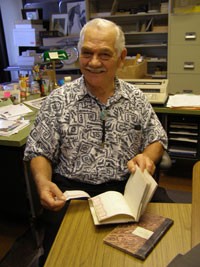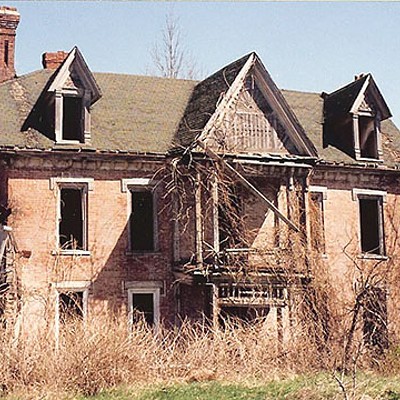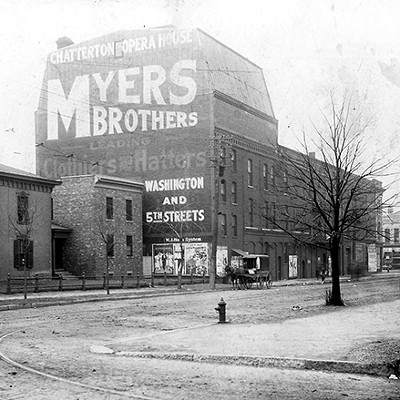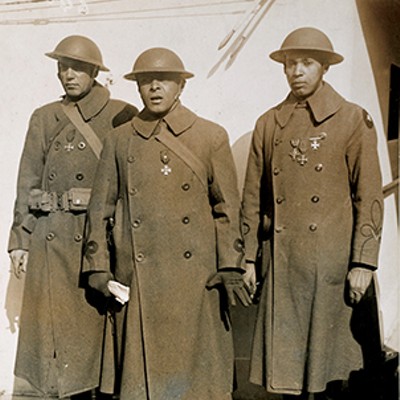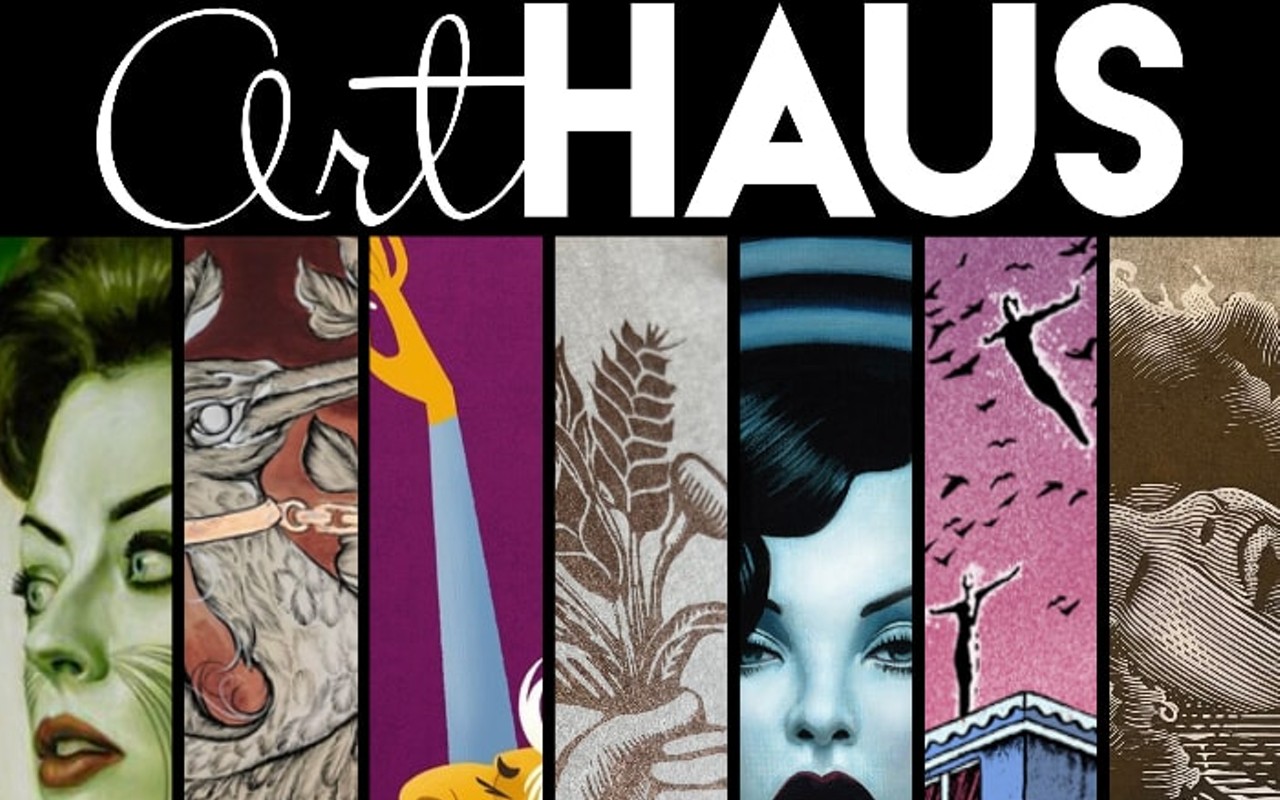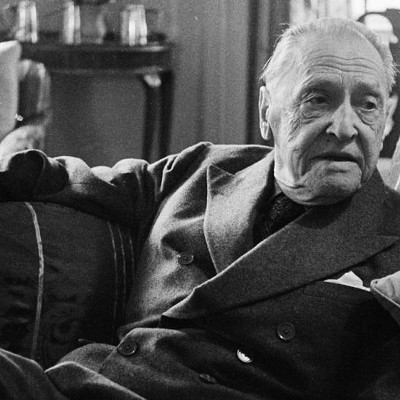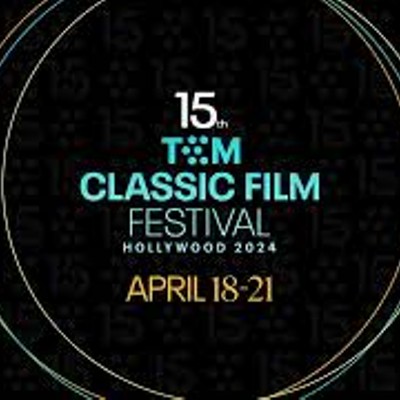A checkbook is a fairly uninteresting document, a record of expenditures that offers, at best, a narrow glimpse into its owner’s activities. But when the checkbook was the property of a friend and political appointee of Abraham Lincoln’s, the information it may yield could be of considerable value.
At least that’s the thinking of Phillip H. Wagner, a Springfield businessman who owns two 1864 checkbooks used by Col. Robert L. Wilson, a federal military paymaster during the Civil War who earlier had served in the state Legislature with Lincoln. The checks, written on an account at the First National Bank of Springfield, were apparently used to pay for military supplies and salaries.
Wagner, president of Wagner Office Systems, on Sixth Street, is a collector of Lincoln memorabilia and a publisher of books on the Great Emancipator, including those by the late Lloyd Ostendorf, a renowned Lincoln artist. Wagner says he acquired the checkbooks from a historical society in the Sterling, Ill., area about 30 years ago in exchange for some Lincoln-related artwork. Wilson’s family roots were in the Sterling area.
Dr. Wayne Temple, deputy archivist of the Illinois State Archives and author of eight books on Civil War history, made the trip to Sterling with Wagner, and he says there’s little doubt about the authenticity of the checkbooks.
He points out that printed stamps, stating that individual checks were for not less than $20, are glued in spaces left for that purpose beside the entries. Those stamps and the faded ink go a long way toward authenticating the records — plus, Temple says, “Nobody is going to forge these kind of documents.”
Even if the checkbooks’ monetary value is hard to determine, Temple and Wagner says that the books represents a type of research material whose importance isn’t yet established — and may be great.
“I know a lot of Civil War historians, and I don’t know a one that specialized in the paymasters and the quartermasters and what they did,” Temple says.
Economic pressures forced the federal government to begin printing paper money during the Civil War, the first time it had done so. Wilson was a Union military paymaster for much of the Midwest, paying out millions of dollars to more than 100,000 men. Union quartermaster John Williams, to whom many of the books’ checks were written, was also a longtime friend of Lincoln’s. He founded the First National Bank of Springfield.
“On July 25, 1864, a check was made out to John Williams for $26,435.14,” Wagner notes. That amount represented a small fortune at the time, and there is no accompanying memo entry.
“It’s a mystery to me,” says Wagner, who wonders whether other documents could explain that expenditure.
Bud Bartlett, a Springfield freelance writer, is a regular contributor.

